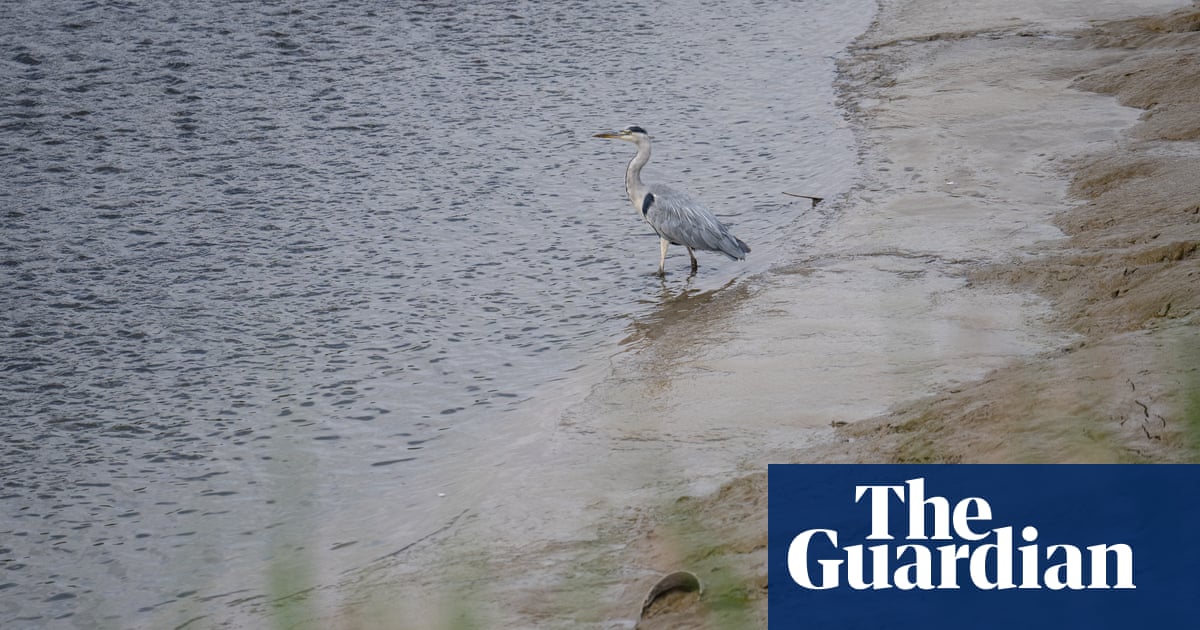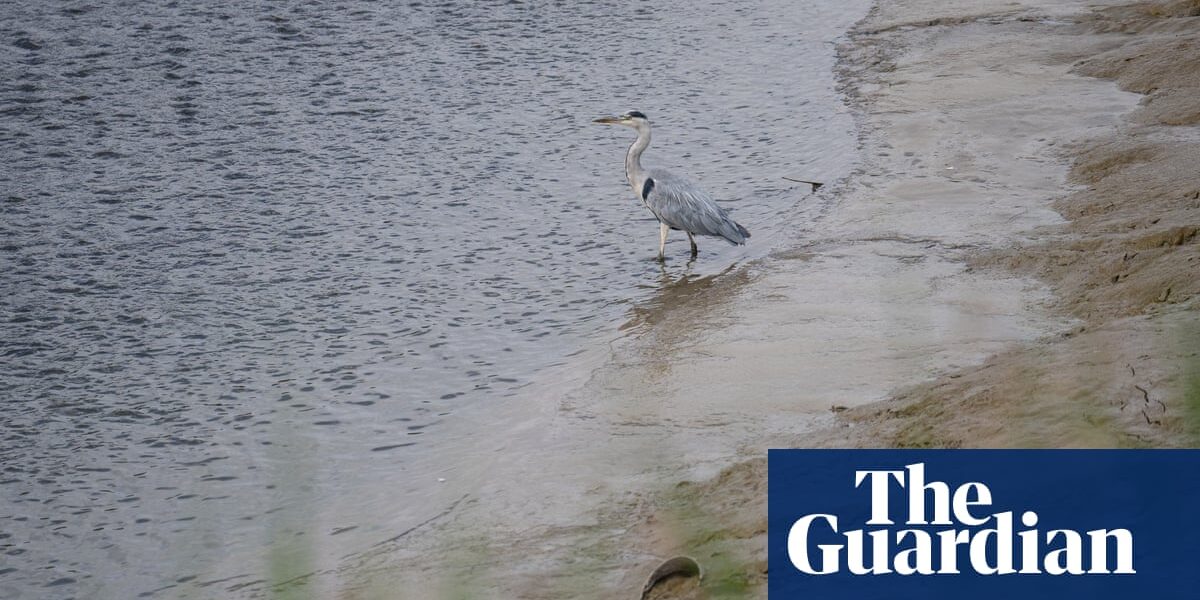
A huge citizen testing blitz of rivers across Britain this summer has found 75% are in poor ecological health as a result of pollution from water companies and agricultural runoff.
Rivers in the south-east and East Anglia regions of England, including the Thames basin, were found to be among those in the worst state, with 89% of rivers failing to meet tests for good ecological health in those areas, according to the results of the monitoring by volunteers for Earthwatch Europe.
“The picture around London and the Thames river basin is particularly dire,” said Dr Sasha Woods, director of science and policy at Earthwatch Europe.
Hertfordshire and Cambridgeshire had the worst water quality, with 91% and 89% of rivers respectively showing unacceptable levels of nutrient pollution. Northumberland and Gwent had the least nutrient pollution, with the findings suggesting both counties had 100% acceptable water quality.
Since the Brexit vote in 2016, the Environment Agency (EA) has reduced the testing of rivers under the EU-derived water framework directive (WFD) from annually to every three years, leading to gaps in monitoring, critics say.
Woods said the results made it imperative for the incoming government to commit to a national strategy for freshwater that includes all forms of pollution and is backed by a properly resourced organisation that makes use of rich citizen science data.
The results mirror findings by the Office for Environmental Protection (OEP), which found that most of England’s water bodies are in an unsatisfactory state and said the government was not on track to meet environmental objectives set under the WFD. It highlighted gaps in monitoring as a key barrier to progress in meeting objectives.
Under the WFD, which is part of British law, all rivers are supposed to attain “good” ecological status by 2027. The government, before parliament was dissolved for the election, had reduced that target to 75% of water bodies achieving good ecological status by 2027, but experts believe that is also unlikely to be met without radical action. Before the election, the Conservatives were moving to change the testing regime to move away from the rigours of the WFD.
In 2019, the last time full water assessments took place, just 14% of rivers were in good ecological health and none met standards for good chemical health.
The citizen monitoring took place from 7 to 10 June this year, when thousands of volunteers measured their local water quality as part of the Great UK WaterBlitz, collecting more than 1,300 datasets. Participants measured the levels of two polluting nutrients: nitrates and phosphates, which are commonly present in treated and untreated sewage, as well as in fertilisers that wash off farmland.
High levels of nutrients cause excessive plant and algal growth, high levels of bacteria, and decreased oxygen levels in the water, killing plants and animals. The worse the nutrient pollution gets, the less a river is able to support aquatic life such as fish, as well as insects and mammals such as water voles.
The report highlighted significant regional variation in water quality. Regions were divided into river basin districts, and researchers excluded regions that had too few data points to draw firm conclusions.
after newsletter promotion
Woods said: “These results are truly disturbing – there are no parts of the UK unaffected by nutrient pollution … our rivers have been historically stressed by farming, and we’re seeing this being made worse by inappropriate or limited sewage treatment.
“There is a pressing need for both improvements to wastewater treatment processes and reductions in agricultural pollution to reduce threats to vulnerable freshwater systems. The government has committed to protect 30% of land for nature by 2030 – that will be meaningless if the rivers and streams running through the land, the arteries of life, are diseased.”
With the OEP concerned about gaps in monitoring of rivers, Woods said the report published on Monday would not have been possible without the support of people across the UK. “As a nation, we clearly care deeply about the health of our rivers,” she said. “This event has enabled people to better understand the health of their local rivers and catalysed grassroots action.
“We want to see more citizen science testing and better use of this data by bodies such as the Environment Agency to help build a more positive future for our rivers.”
The findings have been passed to the EA.
Source: theguardian.com



